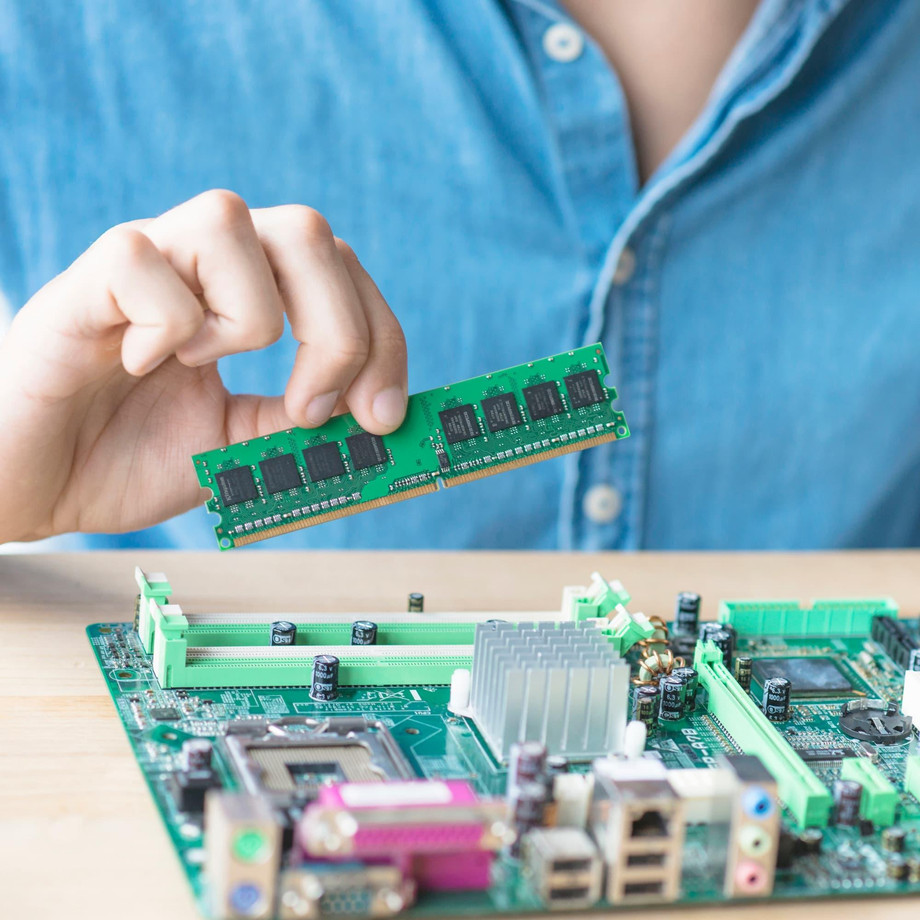The medical device industry is undergoing a significant transformation, driven by rapid advancements in technology and a heightened focus on patient-centric care. As manufacturers strive to meet stringent regulatory requirements and evolving market demands, the importance of reliable embedded hardware services cannot be overstated. These services are critical in ensuring the development of innovative, efficient, and compliant medical devices. This blog explores the essential embedded hardware services that medical device manufacturers need to stay competitive in a challenging landscape.
Understanding Embedded Hardware in Medical Devices
Embedded hardware refers to the specialized computer systems designed to perform dedicated functions within a larger system. In the context of medical devices, this encompasses everything from simple sensors to complex imaging systems. The integration of embedded hardware is crucial for ensuring that medical devices operate efficiently, accurately, and safely.
Given the complexity and regulatory scrutiny in the medical field, manufacturers must work with embedded hardware services that are not only proficient but also possess an in-depth understanding of industry standards and best practices. This includes compliance with regulations such as the FDA’s Quality System Regulation (QSR) and ISO 13485, which mandate strict control over the design and manufacturing processes.
Key Embedded Hardware Services
1. Design and Prototyping
Effective design and prototyping are foundational to the successful development of medical devices. This stage involves creating initial designs that meet functional requirements and regulatory standards. Professional embedded hardware service providers utilize advanced design tools and methodologies to develop prototypes, enabling manufacturers to evaluate their concepts in real-world scenarios before moving to full-scale production.
Rapid prototyping techniques, including 3D printing and simulation, allow for faster iteration and testing, minimizing the risk of costly mistakes later in the development process. This service ensures that medical device manufacturers can refine their designs based on feedback, ensuring optimal functionality and compliance.
2. Embedded Software Development
Embedded software is integral to the functionality of medical devices, acting as the brain that controls hardware components. This software must be developed with precision and care, as any flaws can lead to device failures or regulatory non-compliance. Embedded software development services focus on creating robust, reliable, and secure software that meets the specific needs of medical applications.
Key aspects include:
- Real-time operating systems (RTOS): Implementing RTOS that ensure timely and reliable operations, which is critical for devices that monitor patient conditions.
- Safety and security: Ensuring that the software adheres to safety standards, protecting patient data and device integrity against cyber threats.
3. Testing and Validation
Testing and validation are crucial in the medical device development lifecycle. This process verifies that the embedded hardware meets all specified requirements and functions correctly in various scenarios. Embedded hardware service providers conduct extensive testing to identify any potential issues, ensuring that devices are safe and effective.
Common testing methods include:
- Functional testing: Ensuring that all features operate as intended.
- Compliance testing: Verifying adherence to regulatory standards and certifications.
- Stress testing: Assessing how devices perform under extreme conditions.
By conducting rigorous testing, manufacturers can mitigate risks, avoid costly recalls, and enhance the overall reliability of their products.
4. Manufacturing Support
Transitioning from development to mass production requires careful planning and coordination. Embedded hardware services provide crucial support during this phase, helping manufacturers optimize production processes and ensure quality control. This includes:
- Supply chain management: Collaborating with component suppliers to secure reliable, high-quality parts essential for medical devices.
- Assembly support: Offering guidance on efficient assembly processes to minimize defects and enhance throughput.
Having a strategic partner during manufacturing can significantly streamline operations, reduce costs, and improve time-to-market.
5. Regulatory Compliance and Documentation
Navigating the complex landscape of regulatory compliance can be daunting for medical device manufacturers. Embedded hardware service providers offer expertise in understanding and adhering to necessary regulations, ensuring that products meet all legal requirements. This service includes:
- Documentation: Creating comprehensive documentation that outlines design, development, testing, and manufacturing processes to demonstrate compliance.
- Quality assurance: Implementing quality management systems that adhere to ISO standards and regulatory guidelines.
By maintaining meticulous records and processes, manufacturers can not only facilitate smoother regulatory approvals but also enhance product quality and reliability.
The Competitive Advantage of Partnering with Embedded Hardware Services
In the highly competitive medical device market, manufacturers that leverage specialized embedded hardware services gain a significant advantage. These partnerships not only enhance product quality but also accelerate time-to-market, reduce development costs, and improve compliance with industry regulations.
Moreover, as the healthcare landscape continues to evolve—driven by trends such as telemedicine, wearables, and personalized medicine—the demand for advanced embedded solutions will only grow. Manufacturers that invest in robust embedded hardware services are better positioned to innovate and respond to these changes effectively.
Conclusion
The role of embedded hardware services in the development of medical devices is pivotal. From design and prototyping to testing and regulatory compliance, these services provide manufacturers with the necessary support to create safe, effective, and innovative products. As the medical device industry continues to advance, the partnership with experienced embedded hardware service providers will be a critical element in achieving success. By prioritizing these services, medical device manufacturers can ensure they meet the high standards of quality and reliability demanded by patients and healthcare providers alike.
To Know More About embedded hardware services

